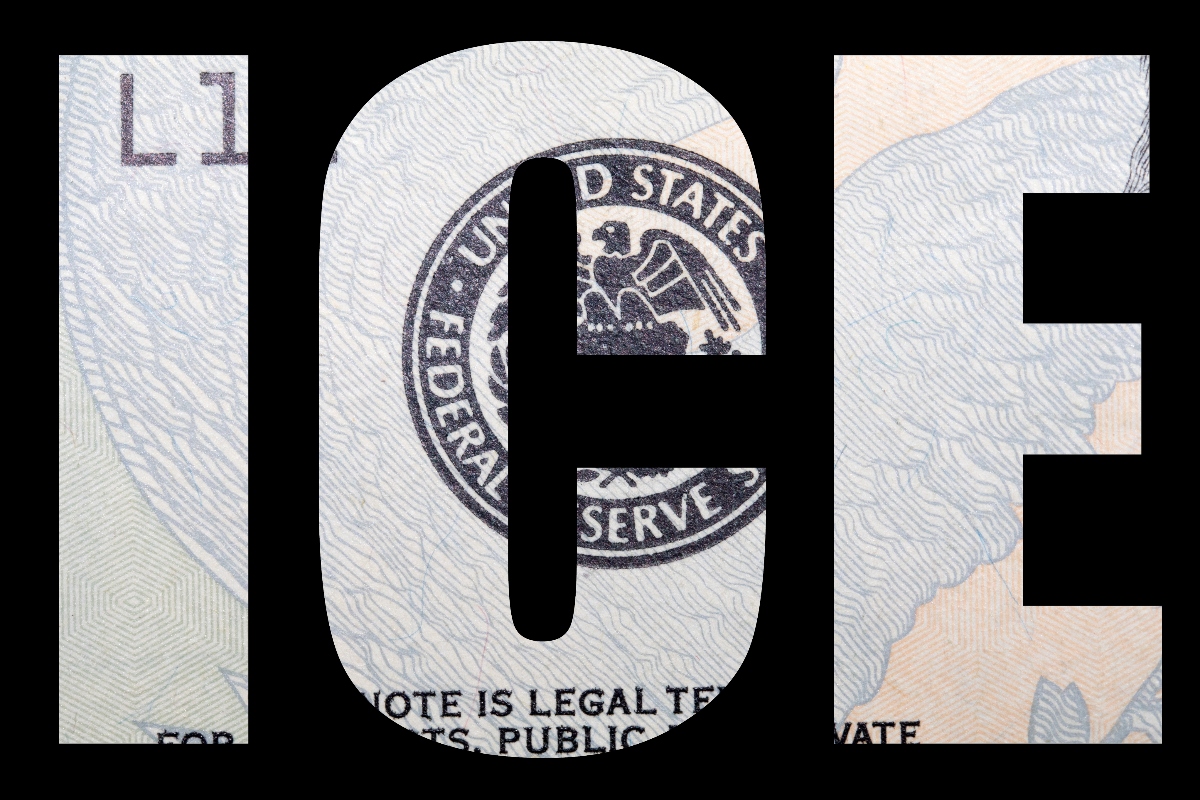U.S. Immigration and Customs Enforcement (ICE) has responded forcefully to recent allegations that it is making selective arrests based on skin color or physical appearance. The controversy arose following an article published by the Los Angeles Times in June 2025, which suggested that some immigrants could be detained for discriminatory reasons during immigration raids.
In its defense, ICE called the allegations “repugnant and categorically false” in a post on its official Facebook page, accompanied by a screenshot of the article. The message generated a rapid wave of reactions, dividing public opinion between those who support the agency’s work and those who denounce unfair practices against the immigrant community.
ICE assures “highly targeted” operations

In an official statement, ICE emphasized that its actions are based on prior investigations, operational intelligence and objective legal criteria.
They clarified that agents receive specialized training to confirm immigration status before proceeding with an arrest.
We know exactly who we're looking for before we take action
“Our officers do their due diligence,” ICE noted in the document released on June 15, 2025.
The Department of Homeland Security (DHS), which oversees ICE operations, endorsed the agency’s position.
He also reiterated that there are no protocols for racial profiling.
In addition, ICE stressed that its priority is the detention of individuals with serious criminal records, identifying them as “the worst illegal alien criminals.”
Criticism persists

Despite the official statements, several civil rights organizations such as the ACLU and the American Immigration Council have expressed concern about the criteria used in the operations.
They have documented cases where people were allegedly detained for their accent, for being in places with a high Latino presence, or for their physical appearance.
These groups are calling for more oversight, transparency and public accountability to prevent abuses of power by immigration authorities.
They are also promoting information campaigns so that immigrants know their rights in case they are approached by ICE.
For more information, visit QuéOnnda.com.























